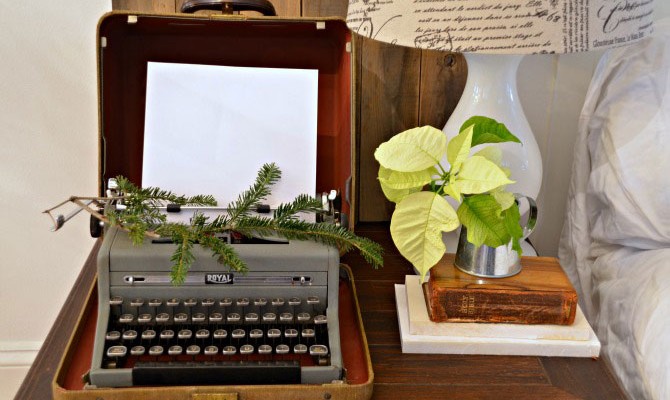If you’ve read up on our basics to the home inspections, part 1 now it’s time to talk through the specifics of what happens during and after the home inspection. In most markets, property inspections allow for the beginning of a new “negotiation period,” that revolves around repairs. It’s important to have fair expectations going into the process so here’s a few pointers.
The primary objective to focus on during the home inspection is safety concerns and defects. Traditionally a home inspector will overlook strictly cosmetic items but may note minor imperfections. As the purchaser, it’s important to emphasize the major concerns while perhaps overlooking some of the minor and more common home repair items. It’s also important to evaluate if there are defects that need to be addressed immediately (or before settlement) versus those that could be rectified after closing.
It’s important to focus on the items that are most important to you because another fair expectation to understand is that the seller will most likely not address all items on the report. This is especially true if a discounted price has already been negotiated during contract. A successful negotiation of home inspection items will be one that has a bit of compromise on both sides of the transaction.
Home inspectors are not perfect individuals and they may miss an item or two. They are actively trying to discover all possible issues within their time at the property but it’s possible that something can be overlooked. If there’s something that’s concerning, ask probing questions. Additionally, something may be in good working order at the time of inspection and begin to fail shortly after. It’s important to extend grace to the professional inspector.
Another thing to understand about home inspectors is that they have a broad knowledge of the entire house but may not be experts on all things pertaining to the home. Since they have general awareness, an expert in a specific field may have a differing opinion. If they don’t have specialized licensing, they may refer you to another professional for further evaluation. It’s not uncommon for an additional inspection to be recommended after the home inspection. This is something to keep in mind while scheduling within your contract’s time parameters.
After the home inspection is done, the inspector will likely review most of his findings with you while at the home. This is a great opportunity for you to see exactly what it is that’s being reported and ask any follow-up questions concerning what’s discovered. They may not hit every item on the report so it’ll be important to thoroughly review the report once it’s been sent.
Nowadays, most home inspectors are sending their reports over electronically within 24 hours following the inspection. Traditionally, you and your realtor will receive a 20-30 page .pdf including tips, tricks, findings, and documented pictures. It’s important to carefully review all of the information provided. After reading about any/all discovered defects AND discussing with your realtor, you’ll want to compile a list of items that you feel the seller SHOULD address prior to settlement. These written requests to the seller will typically begin your second round of negotiations.
So when it comes time for your home inspection it’s vital to keep a few things in mind. First and foremost, you need to major in the majors. Focus on the items that are most concerning. Secondly, buyers should be understanding that not all things may be discovered, that inspectors make mistakes, that they may not be experts on all items, and that the sellers will likely not address every minor defect. And lastly, use the report to evaluate which repairs need to be addressed prior to closing.

